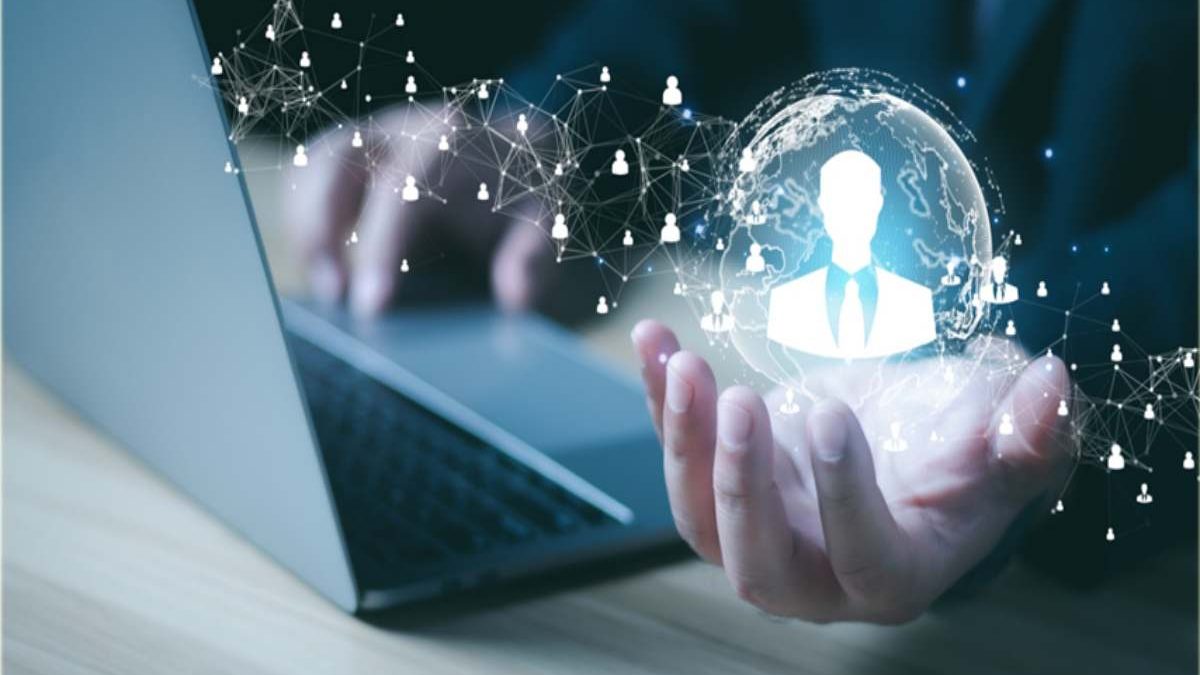The way we hire, and train people has changed massively over the years thanks to technology marching forward. However, no trend has ever really dared to “change the game” in quite the same way as artificial intelligence (AI).
There’s a good chance you’ve heard about how AI is already helping to make everyday life easier and minimize headache-inducing chores. It’s helping people edit photos, create public relations material and even make music.
Inevitably, its benefits are sweeping into the world of recruitment too, which is great news for job applicants and recruiting companies.
Let’s take a look at a few of the most positive ways AI is already changing recruitment across the industries and where it’s likely to be heading in the future:
Table of Contents
AI reduces mis-hiring risks
Mis-hiring wastes everyone’s time. When a recruiter picks a candidate who is a poor fit in the long run, it’s a disappointing time drain for the candidate. For businesses, it’s a money pit.
The cost of mis-hiring people varies greatly depending on roles, responsibilities and industries. Avoiding mis-hiring is all about finding high-quality candidates by refining the recruitment process. This means fine-tuning job descriptions, asking the right questions and posting job vacancies where the right people will see them.
Thankfully, AI can automate much of this process using a data-driven approach. For example, recruiters can use programmatic job advertising to build job profiles based on successful candidates. AI can learn from this data and create vacancy profiles, before posting and managing them on the most reliable boards and channels.
The benefit for job applicants is that they apply for roles that are concisely and accurately advertised, meaning more suitable people are likely to enter the funnel.
AI can give candidates any support they’re lacking
Jobseekers often feel they lack support from recruiters during the application and interview process. In fact, most US employers claim that applicants “ghosting” and quitting the hiring process midway is becoming a concern.
There are a few reasons why this can happen. For example, some applicants feel they haven’t received enough information or support from their recruiters during hiring, while others feel the process is taking too long.
Regardless, AI helps to support applicants during hiring and before they head into an interview through interactive chatbots. Pre-programmed AI chatbots can answer candidate questions and provide clear information about what to expect from the hiring process. This helps applicants feel more confident about the role’s suitability and to be more comfortable pursuing a position with the company in question.
For the recruiter, using AI in this way is a huge time-saver. There’s no need to employ a human representative to handle questions or to follow up on emails. Applicants are helped along and kept warmed-up in the hiring funnel, effectively preparing them for the interview process.
AI chatbots can also build candidate profiles by conversing with applicants, providing recruiters with useful information prior to any interview taking place. This helps HR managers understand their recruits a little better before meeting them in person.
AI helps to speed up hiring
Forward-thinking companies are hiring AI talent acquisition specialists — recruiters who can maximize AI’s potential to find the best candidates and speed up hiring. Evidently there’s a growing interest in AI-powered recruiting platforms too. Caliber, for example, is an AI recruitment solution devised by CEO Martin van Blerk. Van Blerk, a seasoned tech founder and a passionate developer, created the platform working alongside recruiters, so it’s built with their needs in mind.
No one wants to speed up the hiring process for the sake of doing so, especially if it means important details are missed. However, lengthy recruitment drives can leave talented people frustrated and looking for other opportunities, resulting in recruiters heading back to square one.
AI can help speed up time-to-hire by capturing important details on candidates ahead of interviews. In some cases, AI is even being used to conduct pre-interviews, so recruiters can determine whether to take some applicants further.
Using AI task schedulers and bots also makes it easier for applicants and HR managers to set firm dates and times for interviews and tests. With AI and one-way interviewing, it’s easier for people to answer questions wherever they are in the world and whenever they wish. AI is reducing administrative work and removing time constraints along the way.
What does the future of AI recruiting look like?
We’re already seeing AI pivoting the job trends. One thing is for certain, there is no way back out of the AI revolution, and recruitment is already seeing positive results. There are exciting times ahead for HR and job seekers!

